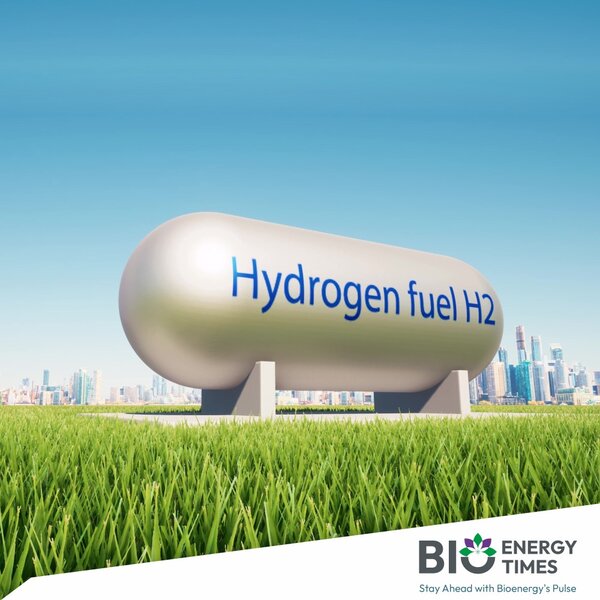Kapil Agarwal, Director of H2Earth Green Energy Pvt Ltd, revealed at the World Economic Forum that his company is planning to establish a silicon metal plant in India. Silicon, a crucial material for the semiconductor industry, plays a vital role in technology manufacturing.
Agarwal recently met with Union Minister Ashwini Vaishnaw, who oversees the Ministry of Electronics and Information Technology. Following the meeting, Agarwal expressed his satisfaction with the discussions, stating, “The meeting was very encouraging. Minister Vaishnaw asked us to submit a detailed progress report and assured us of significant government support and subsidies. We are already launching this project in Saudi Arabia due to strong backing from the Saudi government, but India is the right place for it.”
Agarwal, an Indian by origin, expressed his desire to invest in the country, emphasizing that the project would create numerous jobs and align with Prime Minister Modi’s vision of self-reliance or Atmanirbharta. “It’s a major investment, and it will complement India’s goals for a more self-sufficient future,” he added.
A key focus of Vaishnaw’s ministry is fostering the growth of the semiconductor industry in India. Agarwal pointed out the importance of silicon in semiconductor manufacturing, noting that around 90 to 95 percent of global silicon production is controlled by China. He warned, “If we don’t start producing our own silicon metal, India’s semiconductor industry will remain dependent on China.”
Agarwal also met Maharashtra Chief Minister Devendra Fadnavis to discuss an upcoming green hydrogen and green ammonia plant. “The meeting with CM Fadnavis was also very positive. Our company is planning India’s first commercial-scale green hydrogen and green ammonia plant, which will likely be located in the Ratnagiri-Palghar region of Maharashtra,” he said.
His company has entered into a technology partnership with a large Spanish firm specializing in green hydrogen and ammonia production. Agarwal highlighted a key achievement: securing technology transfer, which would allow the entire plant to be developed in India, from design to implementation. “It’s rare for European companies to allow tech transfer, but we’ve successfully negotiated this, which is a significant step forward for our industry,” he remarked.
The initial investment for the plant is projected to be around Rs 2,000 crores (approximately USD 250 million), with plans for expansion over the next few years, potentially reaching over a billion dollars. Agarwal mentioned that the feasibility study is already underway and that Minister Fadnavis has fully supported the project, encouraging further discussions to ensure its success.
H2Earth’s focus areas include Green Ammonia and Green Hydrogen production, renewable power generation, and wastewater management.
The 2025 World Economic Forum Annual Meeting is taking place in Davos-Klosters from January 20th to 24th. India has a significant presence at this year’s forum, with eight states—Kerala, Telangana, Uttar Pradesh, Andhra Pradesh, Maharashtra, Tamil Nadu, Karnataka, and West Bengal—seeking investment opportunities. The theme for the forum this year is “Collaboration for the Intelligent Age.”
India’s delegation to the WEF includes five union ministers and three state chief ministers, alongside nearly 100 CEOs and leaders from government, business, civil society, and the arts.
For detailed information and further insights, please refer to BioEnergyTimes.com, which provides the latest news about the Green Hydrogen Industry















